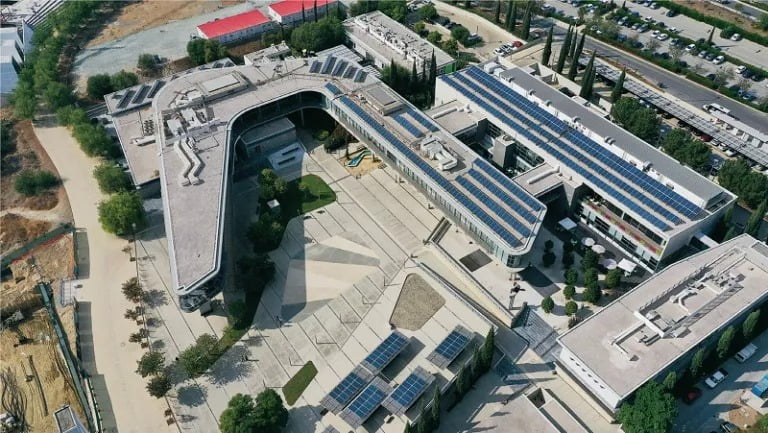Title: University of Cyprus Budget Scrutiny Reveals Financial Challenges and Controversies
The House Education Committee has raised concerns over the University of Cyprus’s financial management following the proposal of a budget that includes an initial figure of €188.4 million and an anticipated supplementary budget of €22 million. The university is facing projected deficits of €31.2 million for 2025 and €36.6 million for 2026, sparking debates about its financial sustainability.
Members of Parliament from various political parties have expressed their unease regarding several issues, including what they consider to be excessive cleaning costs, the exploitation of student housing by external contractors, and claims of politicisation within the university’s academia.
Independent MP Andreas Themistocleous questioned the €2 million allocated for cleaning expenses with a hint of sarcasm, while DIKO MP Alekos Tryfonides highlighted the issue of contractors charging students exorbitant rates for accommodation. AKEL MP Christos Christofides brought attention to a case of alleged political persecution in the Philosophy department and the underutilization of dormitories formerly belonging to the Higher Hotel Institute.
The university’s budget requests also include €800,000 for travel expenses, €970,000 for rentals, and a notable increase in legal expenses from approximately €55,000 last year to €119,000 this year. Additionally, there is an annual allocation of €10 million for the Cyprus Cancer Research Institute.
In response to the criticisms, Vice-Rector Ioannis Giapintzakis defended the institution’s financial practices, attributing increased operational costs to inflation, surcharges, and the addition of new building facilities. He emphasized that the university is not involved in any corrupt activities and that political persecutions do not occur within its walls.
Giapintzakis explained that the budget aims to cover fixed needs, pay existing staff, and maintain operational expenses while keeping administrative expenses low. He also pointed out that maintenance costs for building facilities are expected to be 3% of construction costs annually. Despite millions invested in infrastructure like the Medical School, he noted that there had been no provision for these expenses in past budgets.
Concluding his defense, Giapintzakis stated that the university’s own revenues are exhausted due to their utilization in developments over the years and that no additional funding has been sought beyond what is necessary to cover basic needs. The committee’s scrutiny continues as stakeholders seek a balance between educational excellence and fiscal responsibility.






